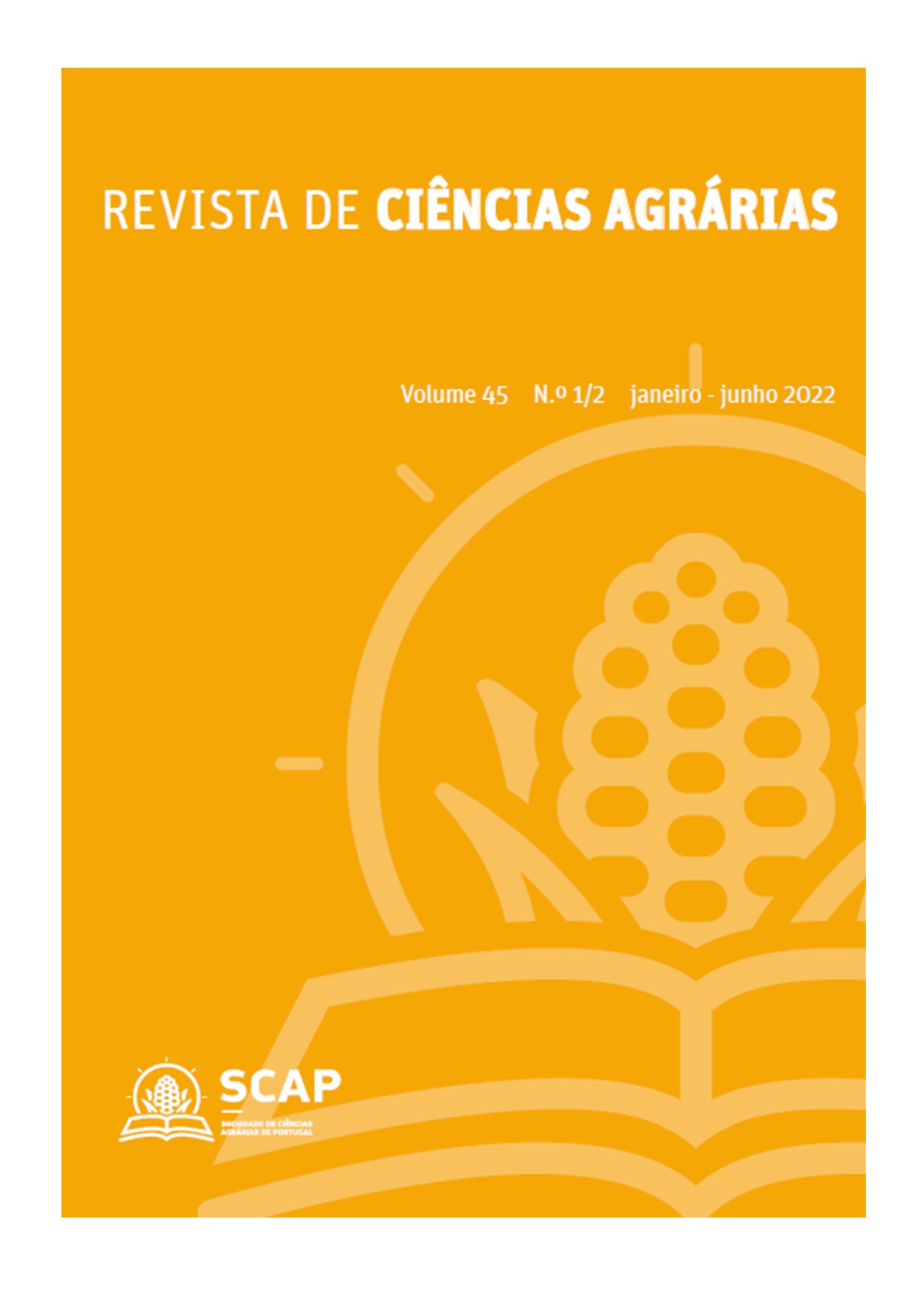Production and effect of germination on jackfruit seeds: chemical, physical and physical-chemical characterization
DOI:
https://doi.org/10.19084/rca.25988Abstract
Jackfruit is an exotic fruit present in the Northeast region, presenting a great economic potential for the region, with its internal and external commercialization of its fruit. Its seed is rich in carbohydrates, protein, minerals and vitamins, an alternative source of starch and for food. Germination is an easily accessible, inexpensive technology for the production of sprouts, improving the bioavailability of nutrients in the seed for consumption, such as proteins, bioactive compounds. The objective of this work was to evaluate the chemical, physical and physicochemical parameters of fresh and germinated jackfruit seeds. The germination of jackfruit seeds increased the contents of water, proteins, ascorbic acid, phenolic compounds and total sugars, in addition to reducing the content of starch, lipids, tannins and the parameters of color, luminosity, red intensity (+ a*) and yellow (+b*). In relation to the physical properties of the seed, there was an increase in the real specific mass and in the unit mass, for apparent specific mass there was a reduction. Seed germination provided an increase in the levels of magnesium, iron and sodium, consequently reducing potassium, phosphorus, calcium, zinc, copper and manganese.


